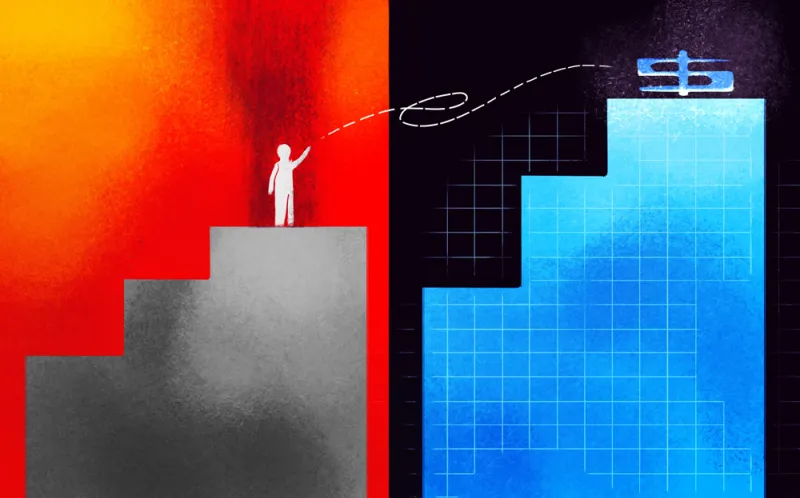Public-sector pension funds, with their high political scrutiny and relatively low pay, have often struggled to compete for talent against more lucrative endowment and asset management jobs. But the public pensions that pay their CIOs the most have been able to attract and retain better investment chiefs — and deliver meaningful outperformance, according to a new study from researchers at the University of Central Florida and University of Alabama.
Authors Yan Lu, Kevin Mullally, and Sugata Ray found that the highest-paid CIOs — those in the top quartile for compensation — outperformed their peers by 25 to 47 basis points annually, generating roughly $109 million to $202 million in additional value for their pension plans.
This outperformance appeared to stem from the pension funds’ ability to hire more talented investment chiefs — and keep them. For example, the trio determined that pension funds in the top quartile of CIO compensation attracted investment leaders who earned their undergraduate degrees at universities with more selective admission rates and higher standardized test scores.
In addition, they found that CIOs earning top-quartile compensation were 45 percent less likely to voluntarily leave their roles for another position elsewhere. Turnover, when it occurred, was found to have a negative impact on fund performance, with pensions underperforming by about 27 basis points per year for the three years surrounding the departure.
“It’s completely intuitive,” University of Alabama business school professor Ray said in an interview Wednesday. “Pensions that pay more seem to hire better, and people who are paid less tend to experience voluntary turnover — they get poached by other funds.”
[II Deep Dive: Here’s What Determines How Much Endowment CIOs Get Paid]
While some higher-paid CIOs may get a large chunk of their compensation from incentive schemes, which reward outperformance with bigger bonuses, Ray and his co-authors said that incentive pay did not appear to directly impact fund returns.
“Incentive pay is really not what is driving outperformance,” Ray said. “But it makes it palatable to pay people more. There are a lot of political issues around paying public pension CIOs a lot of money. If it’s based on outperformance, that’s much easier to stomach.”
Ray acknowledged that there could be other variables that are contributing to the link between pay and performance, such as fund culture and location. However, he and his co-authors interpreted their results as evidence that better pay leads to better investment performance.
“At the end of the day, most of the pensions in America are underfunded,” Ray said. “But funded-ness would be improved if you can get better rates of return. Politics aside, everyone would like a better shot at making sure pension obligations are met.”







